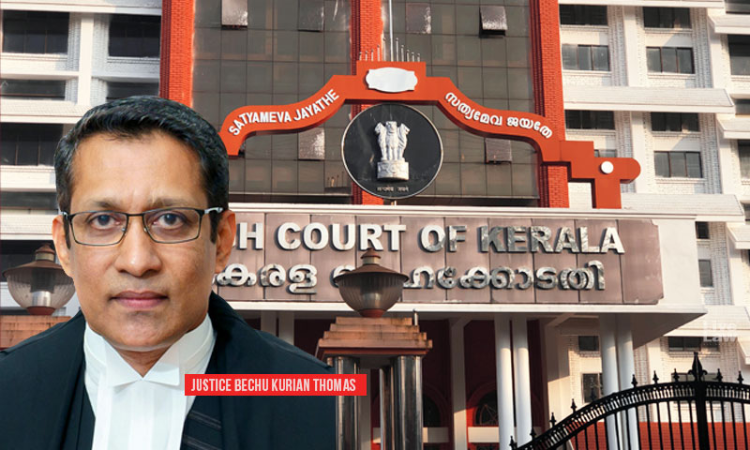Non-Reporting Of Child Sexual Abuse Is A Bailable Offence Under POCSO Act: Kerala High Court
Athira Prasad
24 Nov 2022 6:31 PM IST

Next Story
24 Nov 2022 6:31 PM IST
The Kerala High Court on Thursday held that the offence punishable under Section 21 of the Protection of Children from Sexual Offences (POCSO) Act, 2012 is a bailable offence. Section 21 makes the failure to report an offence under POCSO Act punishable with imprisonment upto six months or if the person is in charge of an institution or company, imprisonment can extend upto one year.Justice...
